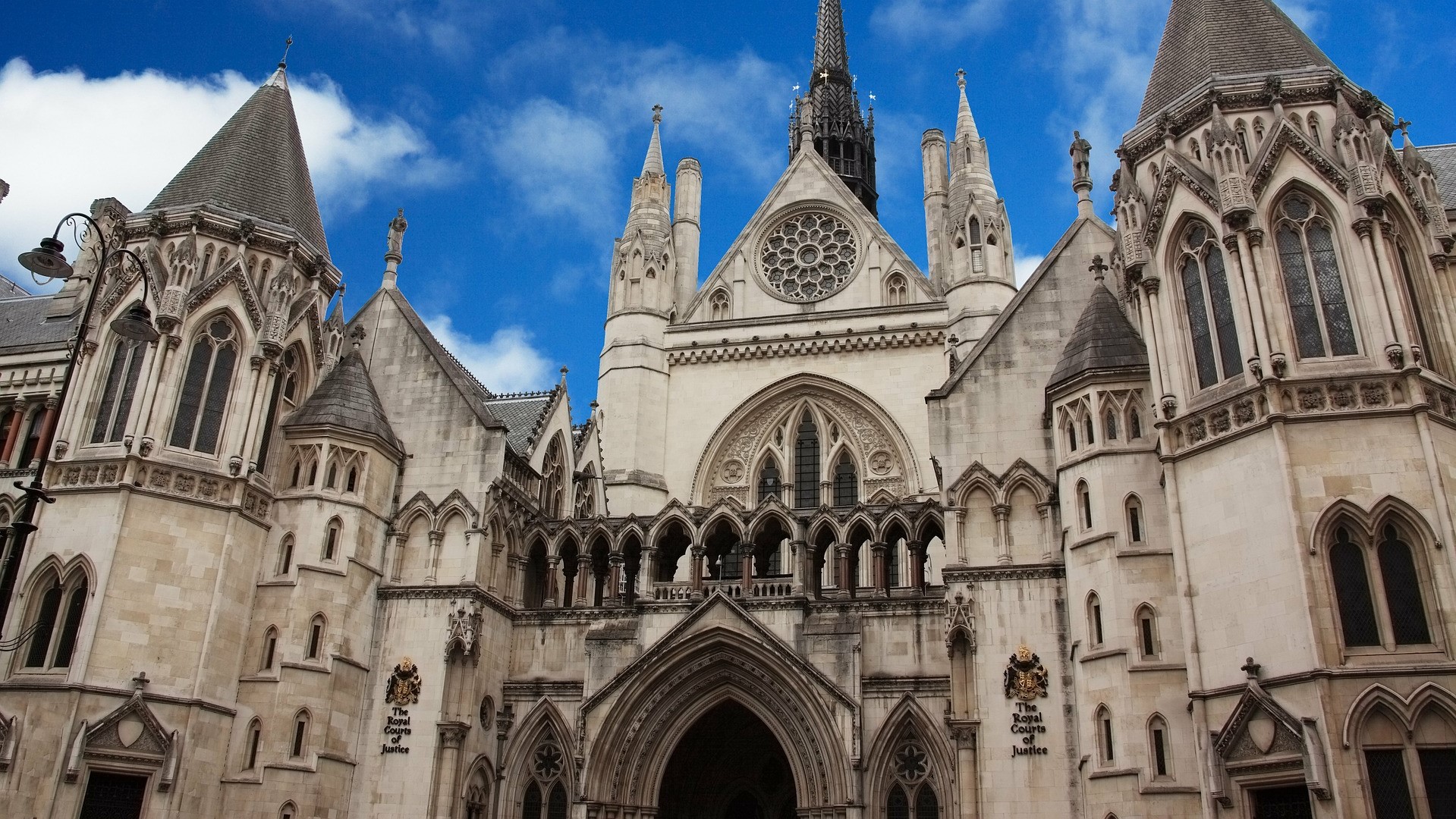Court of Appeal Frees Pregnant Prisoner – The Considerations

Why the Court of Appeal released a pregnant prisoner.
There has been a lot of press coverage following reports before Christmas that the Court of Appeal had freed a woman prisoner due to her being pregnant.
The lady had previously received a mandatory five-year minimum term for a firearms offence, so the revelation that the sentence was reduced to two years imprisonment and suspended sparked some surprise.
As with all stories like this, it is wise to refrain from commenting before the full facts are disclosed, and following the release of the appeal judgment, it is now known, perhaps not surprising, that this is a somewhat exceptional case.
Discovery of the pregnancy
Unknown to anyone at the original sentencing hearing, including the appellant herself, she was then pregnant. The fresh evidence showed that the appellant learned of her pregnancy only when she underwent routine testing upon her admission to HMP Bronzefield after she had been sentenced.
Her pregnancy was therefore a fact existing at the time of the sentencing hearing, and one which would undoubtedly have been an important factor in the recorder’s decision if it had then been known.
That factor in itself is somewhat unremarkable, and it is important to note that there were particular circumstances relating to this lady that the Court of Appeal focussed on.
The key circumstances considered by the Court of Appeal
The individual circumstances of this pregnancy included:
i) A family history of premature labour suggesting familial predisposition and therefore enhanced risk for the appellant, and repeated episodes of antepartum bleeding of unknown origin (‘ABUO’) during this pregnancy. ABUO episodes are clinically significant indicators of heightened likelihoods of serious complications including miscarriage, premature birth, low birth weight, placental abruption, foetal distress and hyperbilirubinemia.
ii) Incarceration therefore created for the appellant a real and present danger to safe delivery and proper neonatal development for her baby.
iii) A personal history of a very traumatic previous pregnancy loss, the detail of which it is unnecessary to set out here, and other previous trauma including domestic abuse, as well as a history of anxiety and depression intensifying the appellant’s vulnerability to mental health deterioration under the stress of pregnancy, labour and neonatal care in a prison setting.
iv) Incarceration whilst pregnant for this appellant, therefore, has been and would be frightening, disorientating and traumatic in a way that was far beyond any unavoidable norm.
v) The recent development of pre-eclampsia, a condition which was diagnosed in the days before the hearing and which requires a level of monitoring and a reliable means of rapid specialist intervention that present particular challenges in the prison setting, which has added to the appellant’s fears for her own health and for her unborn child.
There was strong personal mitigation in this case apart from the various ways, not limited to its particular, much heightened health risks, why this pregnancy made imprisonment an unusually onerous punishment for this appellant.
The conclusion of the court
“…we are satisfied that when the appellant’s pregnancy and its specific attendant consequences and risks, for the appellant and her unborn baby, are added to the other personal mitigation available to the appellant, there are exceptional circumstances relating to the appellant and her particular offence that, taken together, render it unjust to impose a custodial term of at least 5 years. The experience of custody was going to be, and has proved, traumatic and dangerous for this appellant beyond any kind of norm. By the date of the appeal hearing, she had in fact served the equivalent of a 14-month sentence, but the weight of punishment that has constituted for her will have been qualitatively equivalent to a much stiffer sentence. There are impeccable prospects of rehabilitation, and the interests of the appellant’s unborn child are a weighty factor if, as we have concluded, a sufficient custodial term, unconstrained by the statutory minimum, would be 2 years or shorter.
In all those circumstances, and on balance, we concluded that it was in the interests of justice to take the very exceptional course, for an offence of possessing the weapon involved in this case, of suspending the appellant’s sentence.”
Conclusion
It can be seen from the factual analysis of this case that pregnancy does not mean immunity from a custodial sentence. However, in all cases, it will be an influential mitigating factor to be taken into account, which is why, in all such cases, our experienced lawyers are equipped to present a compelling case to any sentencing court.
How We Can Help
Whilst these circumstances are extremely rate, our lawyers are highly experienced in dealing with the Court of Appeal. Please do not hesitate to get in touch by calling us on 0161 477 1121 or email us for more information.


